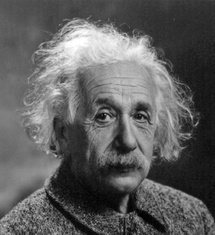Featured Quizzes
User Quizzes
Create Quiz
Data and Charts
Badges and Games
About JetPunk
JetPunk Shop
Dark Mode

Influential Physicists
This is a quiz I originally found on JetPunk a few years back. Luckily I copied it to my Quizlet account for use in Quiz Bowl, because for some reason or another, the quiz has been removed from JetPunk. I would offer due credit to the original creator of this quiz, but I have since forgotten the name.
The premise of the quiz is pretty simple: Give the name of the physicist responsible for the given discovery, invention, etc.
Addendum: I have been informed in the comments that the quiz was originally created by one, Luan Costa. Luan, thanks for the quiz.
Rate:
Last updated: September 10, 2019
You have not attempted this quiz yet.
More quiz info >>
| First submitted | March 29, 2019 |
| Times taken | 36 |
| Average score | 44.2% | Report this quiz | Report |
10:00
Enter answer here
0
/ 52 guessed
Time Used
00:00
Best Time
00:00
The quiz is paused. You have remaining.
Scoring
You scored / = %
This beats or equals
% of test takers
also scored 100%
The average score is
Your high score is
Your fastest time is
Keep scrolling down for answers and more stats ...
|
|
New and Popular
Save Your Progress
Copyright H Brothers Inc, 2008–2024
Contact Us | Go To Top | View Mobile Site

If it's not a problem, I would like you to refer to me, Luan Costa, as the author of this quiz.
Best regards, Luan Costa.